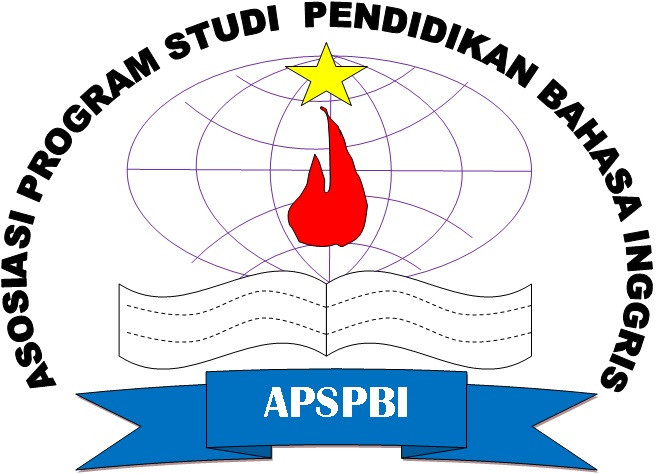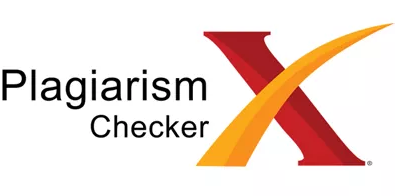Using Language to Rage against Victorian Hierarchy: Self-constructed Feminist Identity in Jane Eyre
Abstract
All human beings seek certain identities in order to understand their existence and position in society, the groups to which they belong, and the unique characteristics they have. This paper examines how, in Jane Eyre, Charlotte Bronte examines socially constructed institutionalism in Victorian England. This paper also explores how the protagonist, Jane Eyre, oppressed due to her social class and gender, struggles to live with equality, dignity, and freedom, and finally reaches independence and self-fulfillment. Jane successfully completes the stages of identity development, and, after acquiring a sense of competence, achieves happiness and intimacy in an equal partnership with her true love, Mr. Rochester.
Keywords
Full Text:
PDFReferences
Bronte, C. (1989). Jane Eyre. New York: Oxford, Oxford University Press.
Bornschier, V. (1996). Western society in transition. New Brunswick, N.J.: Transaction Publishers.
Boumelha, P. (1990). Charlotte Brontë. New York: Harvester Wheatsheaf.
Burke, P. J., & Stets, J. E. (2009). Identity theory. NC, USA: Oxford University Press.
Carlson, J. & Ray, R. (2011). Feminist theory. Retrieved on February 7, 2018, from www.oxfordbibliographies.com. DOI:10.1093/OBO/9780199756384-0020
Christ, C. T., & Robson, C. (2006). The Victorian Age 1830-1901. In S. Greenblatt (Ed.), The Norton anthology of English literature (pp. 979–1001). 8th ed. Volume 2. New York: W.W. Norton & Company.
Cuddon, J. A. (1998). The penguin dictionary of literary terms and literary theory. 4th edition. London: Penguin book.
Eagleton, T. (1988). Myths of power: A Marxist study of the Brontës. 2nd ed. Houndmills: The Macmillan Press Ltd.
Erikson, E. H. (1980). Identity and the life cycle. New York: W.W. Norton & Company, Inc.
Kornstein, C. L. (2003). Female and feminine, but not feminist: In the principal works Of Charlotte Bronte, Elizabeth Gaskell, And George Eliot. M.A. thesis. Florida: Florida State University.
Marshall, T. H. (2000). A note on status. In P. du Gay, J. Evans, & P. Redman (Eds.), Identity: A Reader (pp. 304–310). London: SAGE Publications Ltd.
Mitchell, S. (2009). Daily life of Victorian England. 2nd Edition. Westwood, CT: Greenwood Press.
Muda, G. (2011). The mirror image: The representation of social roles from women in novels by Charlotte Bronte, Kete Chopin, Edith Watton and Jean Rhys. London: University of Groningen.
Peterson, M. J. (1972). The Victorian governess: Status incongruence in family and society. In M.Vicinus (Ed.), Suffer and be still: Women in the Victorian age (pp. 3-19). Bloomington: Indiana University Press.
Nestor, P. (1987). Women Writers: Charlotte Brontë. Houndmills: Macmillan Education Ltd.
Sailus, C. (2017). Feminism in the 19th century: Women's rights, roles, and limits. Video. Accessed October 7th. http://study.com/academy/lesson/feminism-in-the-19th-century-womens-rights-roles-and-limits.html.
Showalter, E. (1977). A literature of their own: British women novelists from Brontë to Lessing. Princeton: Princeton University Press.
Shuttleworth, S. (1996). Charlotte Brontë and Victorian psychology. Cambridge: Cambridge University Press.
DOI: https://doi.org/10.31002/metathesis.v4i1.1719
Refbacks
- There are currently no refbacks.

This work is licensed under a Creative Commons Attribution-ShareAlike 4.0 International License.
Metathesis: Journal of English Language, Literature, and Teaching is published by English Education Department, Faculty of Teacher Training and Education, Universitas Tidar, Magelang, Indonesia in collaboration with Asosiasi Program Studi Pendidikan Bahasa Inggris Se-Indonesia (APSPBI)
ISSN: 2580-2712 (print) and 2580-2720 (online)
Jalan Kapten Suparman 39 Magelang, Jawa Tengah, Indonesia 56116
Phone (0293) 364113 Fax (0293) 362438













